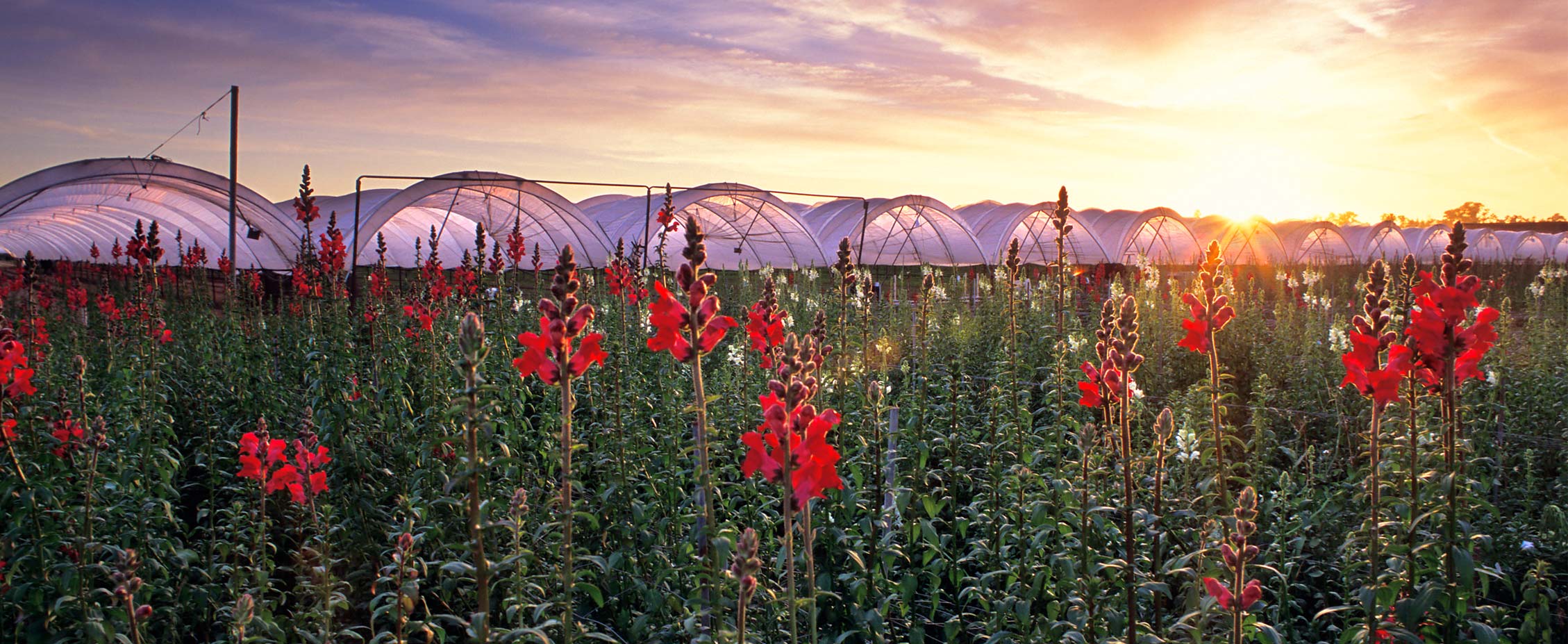What We Do
Farmland is a precious and vital resource.

Land Use Policy
Process
Land use decisions should be made using the orderly due processes of local representative government in administering laws and regulations promulgated by state legislative action. In Ventura County, FBVC supports the full use of the General Plan process, the Guidelines for Orderly Development, and the Local Agency Formation Commission in addressing land use issues.
FBVC believes that judicious and sound land use decisions cannot be made using the initiative or referendum processes. Land use is a complicated issue having profound economic and social consequences for the entire community over the long term. Deliberative government processes which take into account the interests of all stakeholders, including landowners, result in the most appropriate land use decisions.
Ultimate Use
Agriculture is sometimes viewed as a temporary land use until a “higher and better use” surfaces, or as a resource of in expensive or remote land for particular government or private projects. This attitude undermines the integrity of agricultural zoning designations and threatens the long-term viability of commercial agriculture.
Agriculture is an important land use providing substantial long-term economic and social benefits to the community. The stature of agricultural zoning should be considered equal to that of other zoning designations.
Agriculture by its very nature provides to the urban communities the amenity of open space. However, this is an incidental benefit. Land use policies should be guided by recognizing genuine commercial, economic agricultural value.
In limited instances, it may be appropriate to rezone agricultural land for urban development. This is particularly the case where short-sighted policy decisions in the past have established a pattern of incompatible adjacent land uses, such as small islands of farmland entirely surrounded by housing tracts or other sensitive sites. In such circumstances, rezoning of agricultural land may be desirable to allow for rational planning and orderly community development.
Adherence to General Plan
The county General Plan is the fundamental building block for determining long-term land use policy in Ventura County. As such it must be adhered to by county government. The county General Plan further should not be exposed to predations from other government entities seeking to expand their land bases. Agriculturally zoned areas must be protected from encroachments by cities seeking to expand into areas outside of their own general plans or in areas outside of their spheres of influence. Cities’ amendments to their general plans should be limited to areas within their spheres of influence. Similarly, public schools, federal and state institutions and other governmental entities with the power of eminent domain should respect the agricultural designations of the General Plan.
City Boundaries
If agriculture is to be preserved in Ventura County, it is necessary to consider that cities must accept finite geographical boundaries, beyond which further expansion is not envisioned. The urban needs of the cities should, in the future, be met within these established city boundaries. FBVC supports development within established city boundaries, and believes consideration should particularly be given to high density and redevelopment type projects. If encroachment on to agricultural land must occur, then it should be done in a manner that is an efficient use of the land and that minimizes the impact to agriculture. It must also be recognized that any encroachment adversely affects the long-term viability of agriculture in Ventura County.
Restrictive urban boundaries are essential for the free market to recognize the values of urban land. By adhering to boundaries, value within the cities is created to promote re-development. Conversely, restrictive urban boundaries also protect agriculturally zoned lands by relieving from them speculative values created by urbanization pressures. Farmland that enjoys a free market based on agricultural values is essential for land to remain in long-term agricultural production.
Greenbelts
Currently, agricultural greenbelt agreements are non-binding joint or co-adopted resolutions by cities, the county (when applicable), and LAFCO to agree to cooperatively administer a policy of non-annexation and non-development in specific areas. As cities determine their boundaries, an important consideration should be agriculture’s need to have contiguous lands. Commercial agriculture is dramatically impeded where it is reduced to operating in “islands” within broader urban areas. Therefore, FBVC strongly supports the strengthening of General Plan and other zoning regulations to stiffen and uphold the intent of agricultural greenbelts. Currently there is physical linkage between prime farm lands in the Santa Clara and Las Posas Valleys and the Oxnard Plain. This connection is extremely important to the long-term success of Ventura County agriculture.
"Prime" Versus "Non-Prime" Agricultural Land
A reasonable distinction between prime and non-prime agricultural land needs to be established and respected. “Prime” agricultural lands are generally defined as those being on plains and valley floor areas enjoying rich, deep soils, good drainage, and sound water supplies. “Non-prime” lands are normally those other lands in agricultural production without these amenities, such as hillsides and some canyons. These lands are less intensively farmed and generally support only low per-acre crop values.
FBVC land use policy is concerned with all agricultural land, but it is specifically directed toward the preservation of “prime” agricultural land which supports long-term, high value crop production. Recognizing that some additional agricultural lands will be absorbed by the cities as they rationalize their growth needs, general plans should direct this growth, where it is necessary, into “non-prime” areas.
FBVC recognizes that structures necessary for agricultural production, such as greenhouses, contribute to the economic vitality of the agricultural industry and are an integral part of farming and ranching operations. When necessary, FBVC encourages thoughtful and responsible mitigating measures for impacts resulting from these structures on agricultural land and resources.
Although FBVC recognizes that such agriculture-related structures as packinghouses and distribution centers contribute to the economic vitality of the agricultural industry, their construction on prime agricultural land may result in the loss of that land for future crop production. Such structures, particularly when they incorporate solid foundations and do not require direct access to topsoil, should be sited whenever feasible on lands already zoned for industrial or other non-agricultural urban uses.
Ventura County must accommodate a variety of sometimes competing land uses. It is recognized that some key “prime” land parcels, because of location, must be looked at situationally. In these cases care must be taken not to subvert the overall county General Plan with regard to agriculture lands.
Right to Farm
Agriculture in Ventura County is characterized by a growing interface with the urban community. It is important that agriculture have at its disposal the tools, cultural practices, and infrastructure necessary to produce crops that can succeed in a competitive marketplace. At the same time, it is important that farmers be good neighbors to their urban neighbors.
To protect agriculture’s growing space and to insulate farmers from nuisances that can arise from the urban dwellers’ lack of understanding about necessary cultural practices, FBVC strongly urges that county government and cities adopt comprehensive right-to-farm ordinances. These ordinances should not only recognize basic farm practices but also the need for related farm services, such as transportation and packing house facilities.
Conservation Programs
FBVC promotes the long-term vitality of commercial agriculture in Ventura County. In general, we favor maintaining agricultural land without deed restrictions to provide agricultural owners with the maximum ability to manage their resources. However, we realize that in an urbanizing environment it is sometimes practical to allow deed restrictions in order to provide for continued commercial agriculture. As such, we support programs such as voluntary conservation easements and development rights transference, and more importantly, the property tax benefits as provided under the Land Conservation (Williamson) Act, in order to maintain the long-term economic agricultural productivity of farmland.





